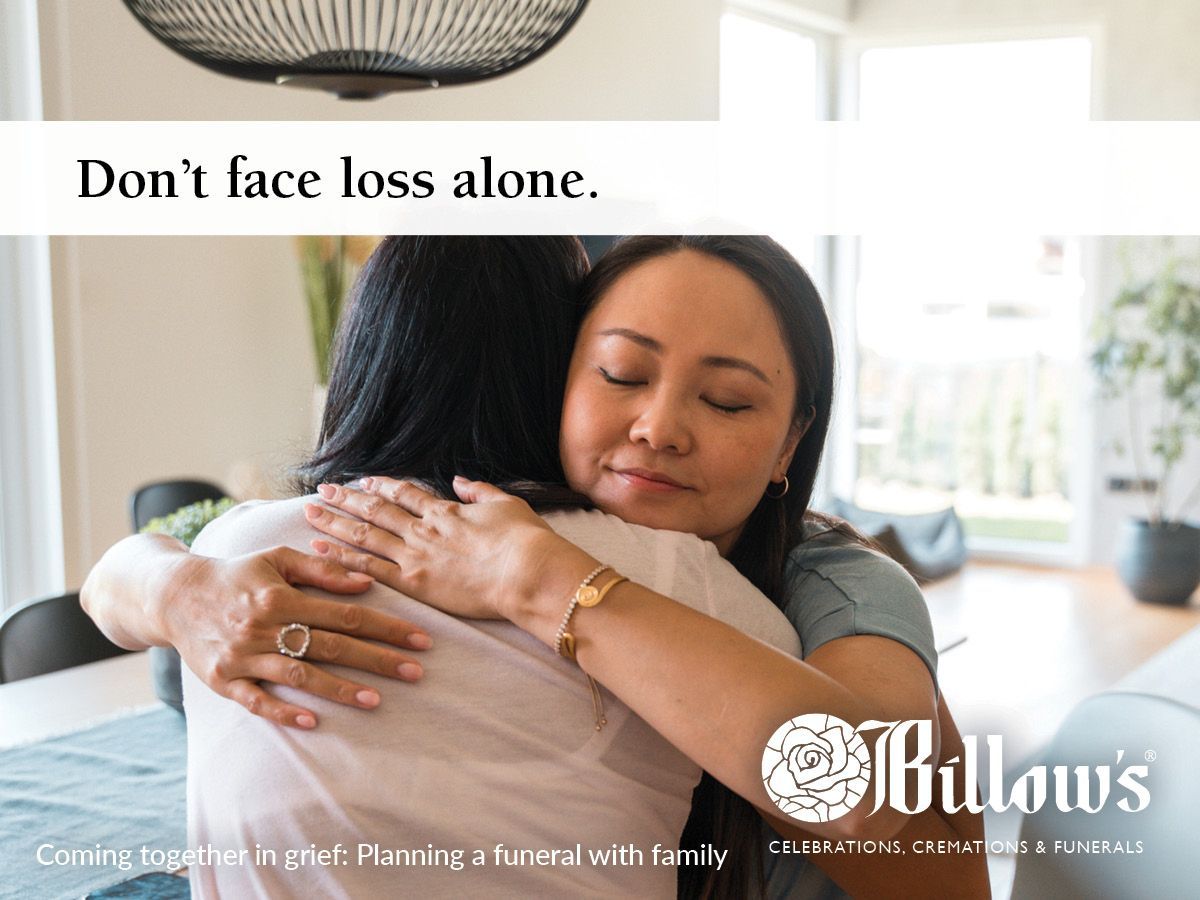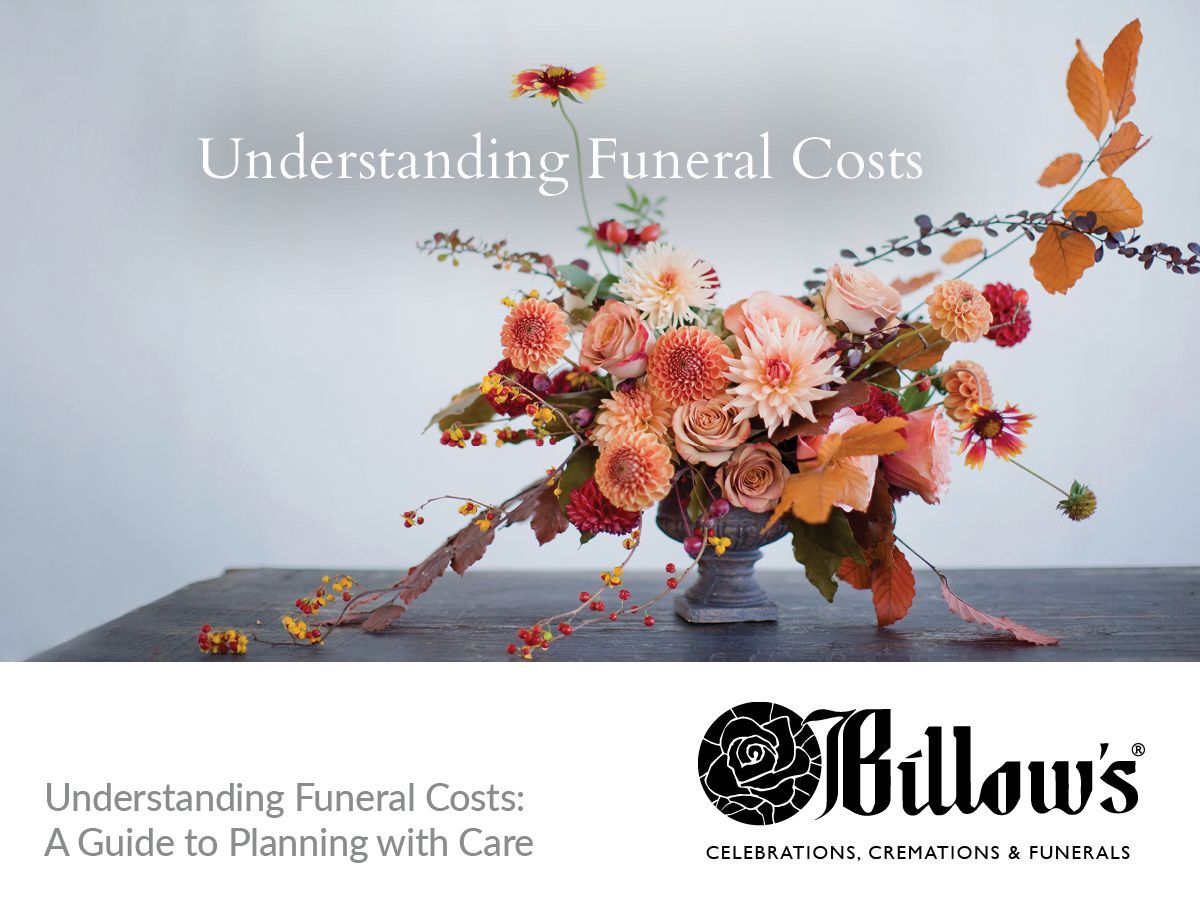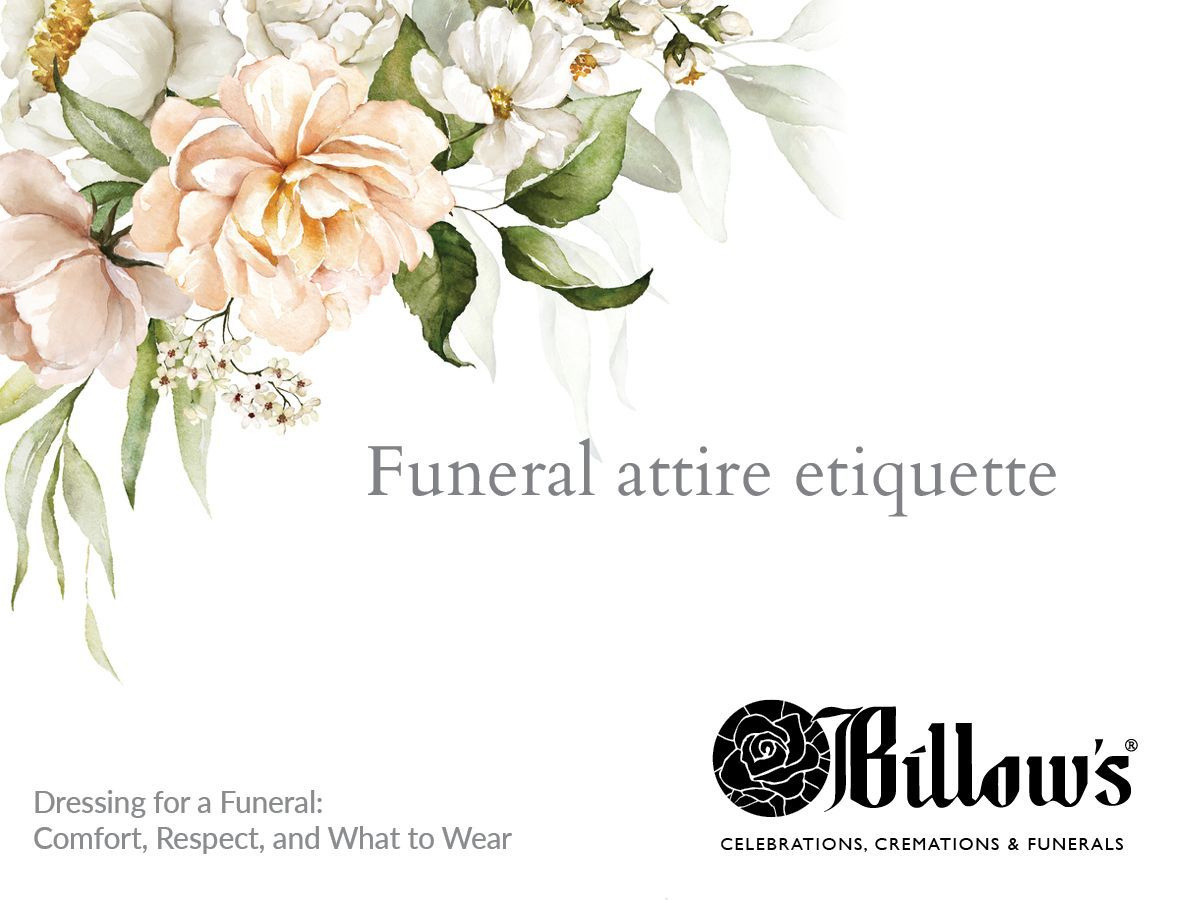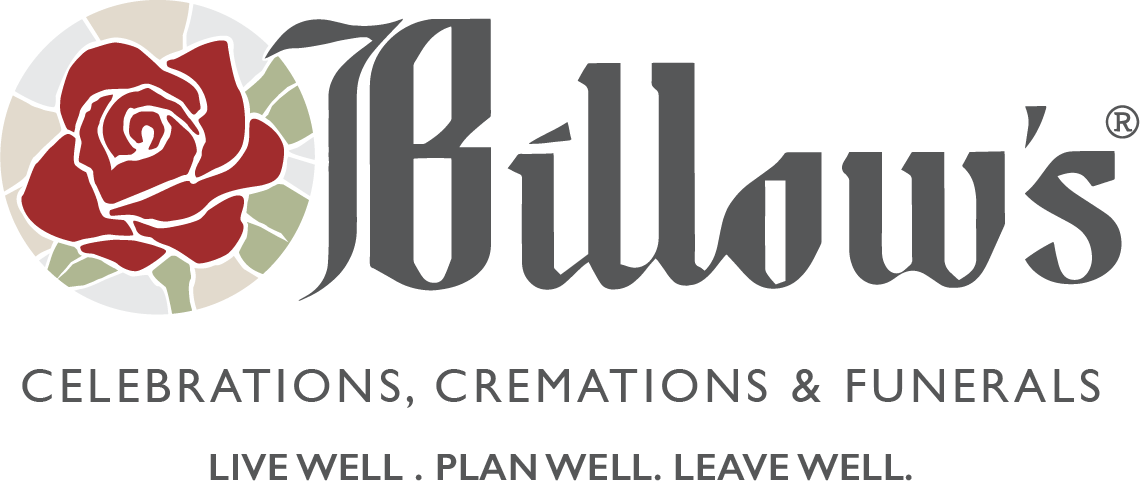Can My Family Change My Funeral Plan After I Die and Keep the Change?
Roughly 50% of funerals that take place today are planned and paid for in advance by the person who died. The vast majority of these plans are carried out as intended. They are deeply appreciated by family members who find them helpful beyond measure at a very difficult time. However, funeral plans made in advance are not automatically legally binding.
There are some good reasons for families to make minor adjustments to a loved one’s funeral plan. Situations change. For example, a parent may have purchased a very modest casket that they felt was “good enough” but perhaps the children don’t feel the same about that casket. Maybe they want to do better. Or maybe a person planned for a large group luncheon but lived well past their circle of friends and family. The luncheon for 200 becomes a luncheon for 50. A body could be lost at sea, eliminating the need for a casket and vault. The point is there are good reasons why funeral plans might need to be flexible.
There are also some nefarious reasons. Some families have bad actors. Or sometimes people who plan do so because they want what they want, and they know their family will not do what they want. When families do not share the same faith, reverence for funeral ritual, or when they do not love the one the person who died loved, things can get complicated. There are legal remedies.
If you are planning your funeral in advance and you have any concern about your plan being carried out as you intend, speak up. Ask the funeral professional helping with your plan to provide any additional forms required by your state to assure your Advance Funeral Plan is carried out as you anticipate. Your funeral director can help you take the extra step needed to make your funeral plan legally binding.

















